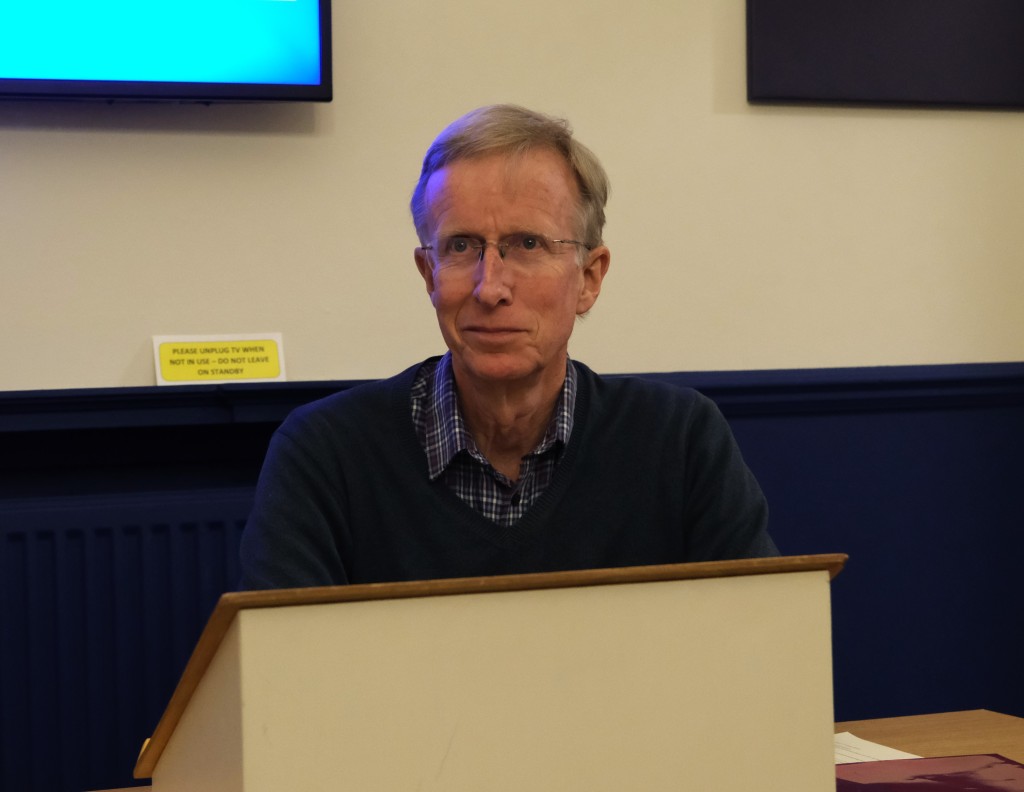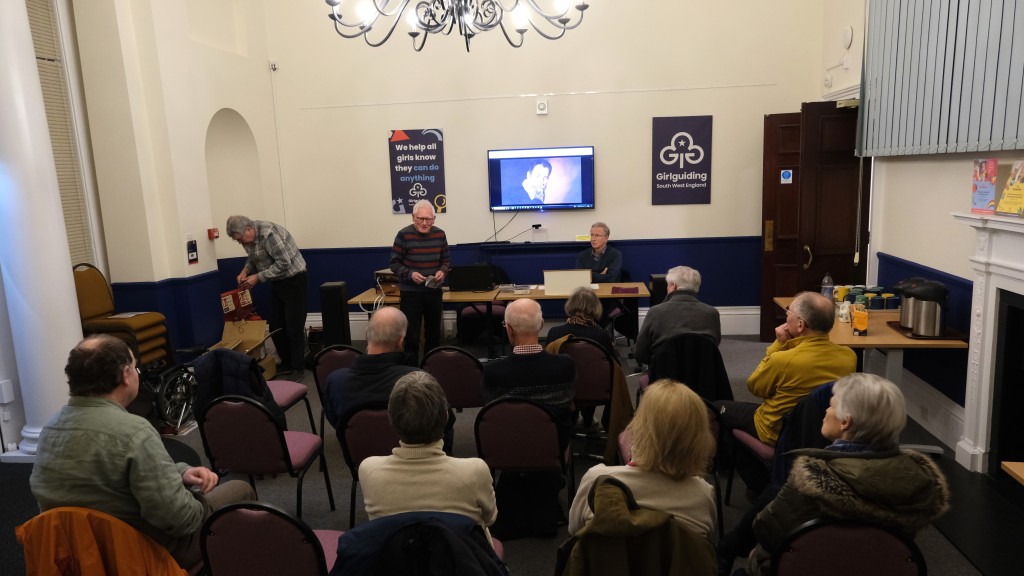February 2024
The February meeting of the Society was an exploration of the music south of the equator presented by Ed Tinline of this parish. With the odd exception, it would be fair to say that much of the music from this part of our world is largely unknown. The dominance of the European canon makes pieces from faraway places like Australia or New Zealand something of a rarity despite people claiming we live in small world nowadays.
Perhaps an exception is Percy Grainger who is well known although it has to be said he lived much of his life in America and from time to time in Europe. We heard the Colonial Song of 1911 which originally was poorly received. It was meant as an evocation of the Australian landscape. Grainger held some extreme racist views and was a supporter of Nordic culture.
John Antill was an Australian composer best known for his work Corroboree of which we heard three extracts: the Welcome Ceremony, Dance to the Evening Sun and A Rain Dance. The first was strongly influenced by Aboriginal rhythms.
The Australian composer Peter Sculthorpe focused much of his compositional energy on incorporating themes from Aboriginal culture and sounds of the Outback. Ed selected one his better known works Kakado which I noted as a ‘sombre piece buy richly textured’. We also heard part of Earth Cry which may be the only orchestral composition to incorporate the didgeridoo.
The first half ended with a composition by another Australian Ross Edwards, another composer with a strong interest in Australian culture. We heard two movements from Full Moon Dances – Concerto for alto saxophone and orchestra. Edwards was something of a recluse although his work has found its way into concert programmes around the world.
The last Australian composer to be featured was Alfred Hill and his Symphony No 5 in A minor – the Carnival. This had a strong European feel, in contrast to his fellow compatriots and there were odd traces of Tchaikovsky and maybe others.
The last item was by Douglas Lilburn, the only New Zealander to feature, with his Aotearoa (Land of the Long White Cloud), and the Festival Overture. Lilburn was taught composition by Ralph Vaughan Williams.
Well it wasn’t quite the last as we ended with the Traditional Maori song Pokarehare sung by Dame Kiri Te Kanawa.
As ever, it was an evening of mostly discoveries with the odd familiar piece and reflected the range and depth of music in this part of the world. We only heard a small sample of course and was summed up in the vote of thanks that the music had an ‘intangible flavour of its own’.
Peter Curbishley
The next meeting is on Monday 11 March


